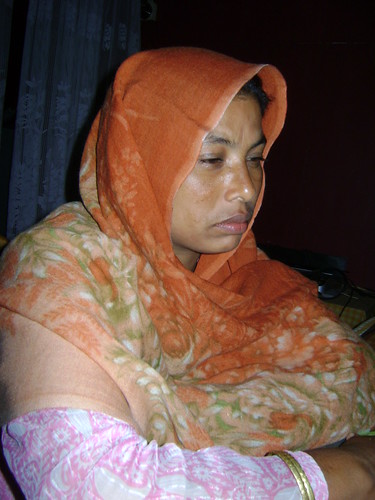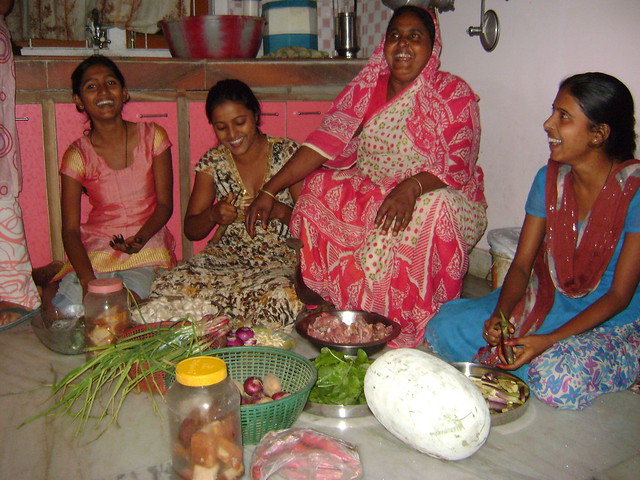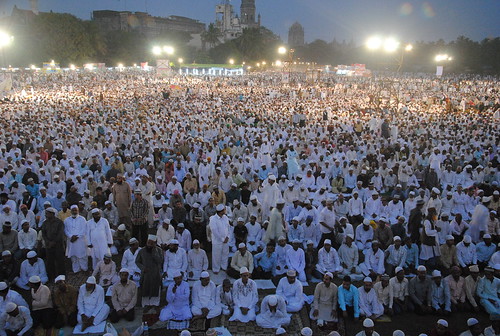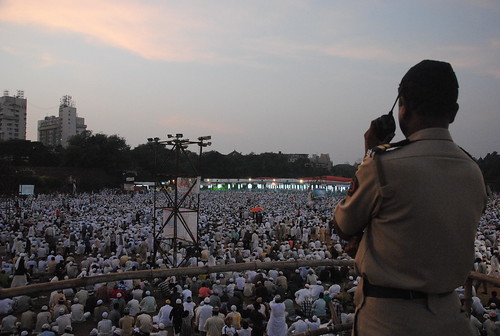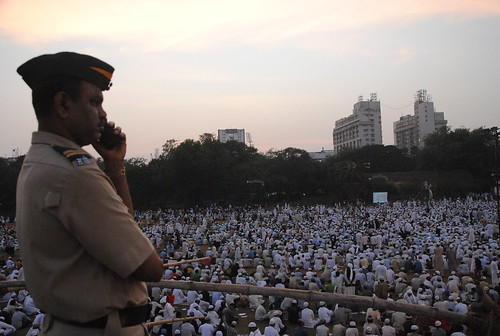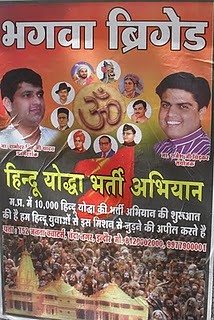By Anjuman Ara Begum, TwoCircles.net,
Dr. Musahid Ahmed is a scientist hailing from Assam and is presently working as a senior scientist at Lawrence Berkeley National Laboratory, California, USA. Recently he has been elected as a fellow to the American Physical Society for his outstanding contribution to Physics.
Dr. Ahmed is in USA since 1995 and his research encompasses fundamental studies which are relevant to energy and environmental processes. With his research Dr. Ahmed achieved accolades in USA. “I never dreamt to be a scientist, but since my childhood I was curious in nature. I would ask hundreds of questions to my parents about why things break and how things are fixed,” recollects Dr. Musahid Ahmed who believes that he is an experimental scientist and for last five years he has been enjoying the privilege of doing what interests him.
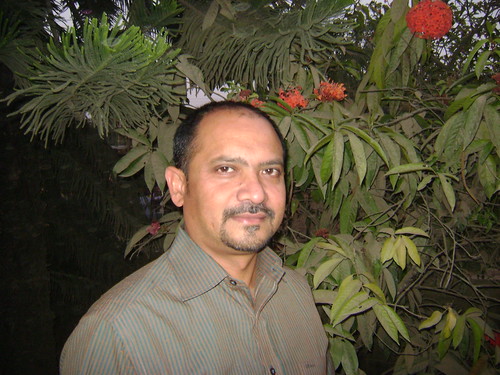
Dr. Musahid Ahmed
Born in Assam’s Digboi city that is famous for oil refinery, Dr. Amed spent his childhood in the towns like Duliajan, Nahorkatiya and Moran of Assam. He did his schooling in Scindia school in Gwalior. Later he obtained his bachelor’s degree in Chemistry from Delhi University in the year 1985 and the same year he joined for Ph.D. programme in Cambridge University in UK and obtained Ph.D. in 1989. He completed his post doctoral degree from University of Leicester and Manchester in UK and Max Planck Institute in Gottingen, Germany.
Dr. Ahmed is a hardworking scientist who works about 100 hours a week. He believes that nothing comes easily. “A scientist needs perseverance and the ability to accept both failure and success. The job of a scientist is not like that of a doctor or engineer,” said Dr. Ahmed.
Dr. Ahmed is also member of American Chemical Society, American Physical Society and American Association of Advancement of Science and in 2010 he has been elected as fellow to the American Physical Society. His citation which appeared in his fellowship certificate reads: “for his creation of a world class synchrotron chemical dynamics facility serving the community and his unique marriage of lasers with synchrotron science, used to study small molecules spectroscopy and energetic, biological imaging, combustion, nanoparticle reactivity and chemical dynamics.” His fellowship citation will be published in the March 2011 issue of APC News.
Dr. Ahmed believes that Northeast India has already a traditional knowledge system and more systematic research is required. Assam has lots of potentials in natural resources. He suggested: “Research should be critical and analytical and must process information aiming at fundamental research. Research and education system need to be professional and lots of hard work and dedication is must for success in scientific research.” He wished that Guwahati IIT can play a role in the upliftment of research quality in Assam and northeastern states.
http://twocircles.net/2010dec22/dr_musahid_ahmed_scientist_assam_bagging_honors_us.html
